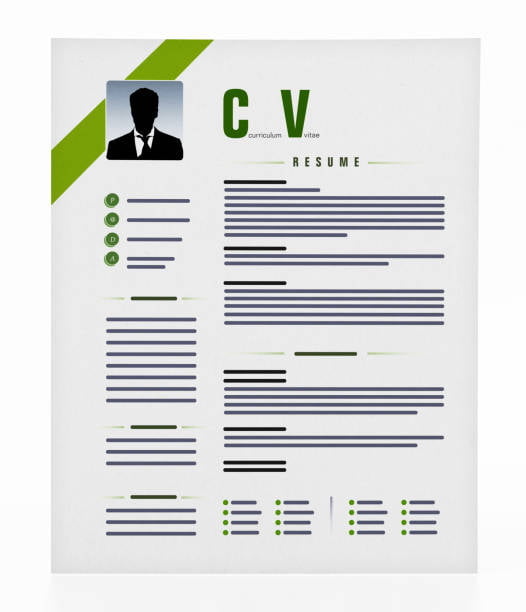Without an effective curriculum vitae, obtaining a job or a scholarship will be impossible. Making an effective resume can be difficult for some students. Today, I’m going to give you some pointers on how to write excellent curriculum vitae and resumes, especially for academic purposes. How to Write an Effective Resume (CV) in 2022 will be discussed here.

So, if you’re wondering how to construct a beautiful CV, what papers to attach, and most importantly, what facts to highlight inside, this advice will help you out.
For each country/university, there are several curriculum vitae (CV) forms. They do, however, have essentially identical information writing styles.

Jump ahead to : Quantum Unit Education
How to Write an Effective Curriculum vitae CV or Resume
The following PDF files are the best guides you need to write a curriculum vitae (CV) or resume for any organization or institution.
Additional guides to writing a good CV:
Let’s get started on making your Curriculum Vitae (CV) more effective!
1. Always begin by giving your personal information, such as your name, contact information, nationality, and gender.
- Don’t experiment with font sizes. Make it simple to read your Curriculum vitae CV. Take note that larger font sizes make it difficult and distracting.
2. Make a brief summary of yourself (recommended).
- Here you should list your major achievements. You can also include your abilities. (one to two lines)
- You must list your achievements that are relevant to the position for which you are seeking.
- For instance, if you have completed a research project on the topic you will be studying. You can also talk about the honors you’ve received.
3. Start with the most recent experience. Make sure everything you submit is pertinent to the scholarship program you’re applying for.
Also, avoid going into too much detail about your previous work experience.
- If you don’t have any professional experience, you can fill in this box with details on your internships.
- Always include your company/responsibilities organization’s and successes. Make 3–4 bullet points to summarize your points.
- Also, describe how your contributions impacted the organization and the appreciations you received if you had overseen a group of employees (to demonstrate that you are a team player).
- Add some numbers to these specifics. You can get the organization’s attention this way.
4. Details about your education. Provide your study details beginning with the most recent one.
- When entering your grades, always use the highest possible marks/CGPA. They will be able to rank you higher as a result of this. If your CGPA is poor, however, you should skip this section. Instead, add a bullet point to your resume noting that you are among the top 5 or 10 students in your class.
- In this part, provide all of your relevant education and training.
Many students inquire if any proof of this information is required.
- No, you don’t have to submit anything (besides if requested), however if you don’t have any accomplishments to include in your Curriculum vitae (CV), be realistic in your writing.
- Don’t put exceptional talents in every section, for example, because they might assume you’re lying. Similarly, don’t write about departments or conferences that don’t exist if you’re writing about a conference or internship. As a result, avoid making people suspicious of you.
5. You can also include a section for supplementary information, such as conferences, credentials, or presentations that you have given in your Curriculum vitae.
- Only include those that are relevant to the scholarship program for which you are applying. Don’t overwhelm them with information that isn’t relevant to the scholarship committee.
- As previously stated, they will not want proof, but don’t just write about any conference you attended; be sure that everything you’re writing is true.
6. You might also put your IELTS/TOFEL exam score at the bottom of the Curriculum Vitae , with individual bands for each module, because they may need to view individual scores on occasion. If you don’t have the results, skip this section and write about your English competency letter stating that you obtained your education in English instead.
Keep in mind that the reader’s first impression will be based on your presentation.
You can portray your 2, 4, or 6 years of study in such a way that the reader is blown away. And if you have nothing to say, take six months to earn some qualifications online, perform an internship, and gain some valuable experience to include in your Curriculum Vitae. This is mostly for the purpose of obtaining admission to a high-ranking university as well as scholarships.

